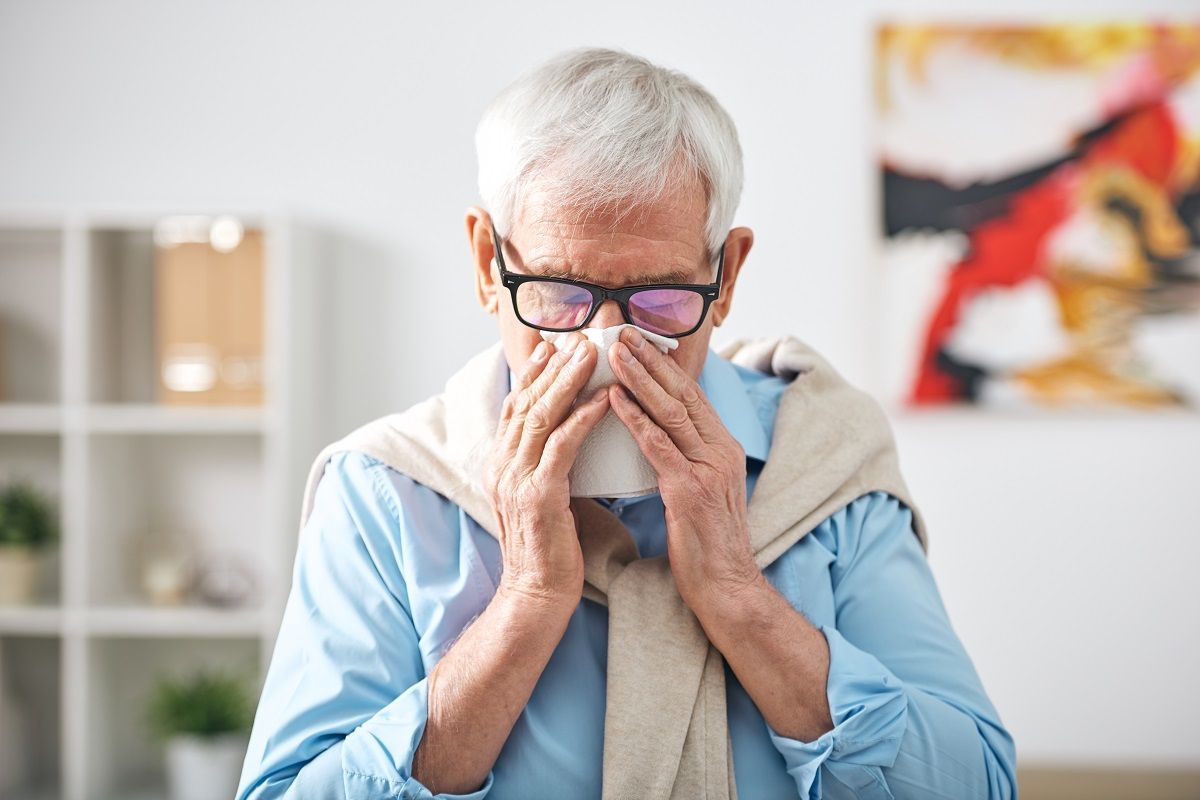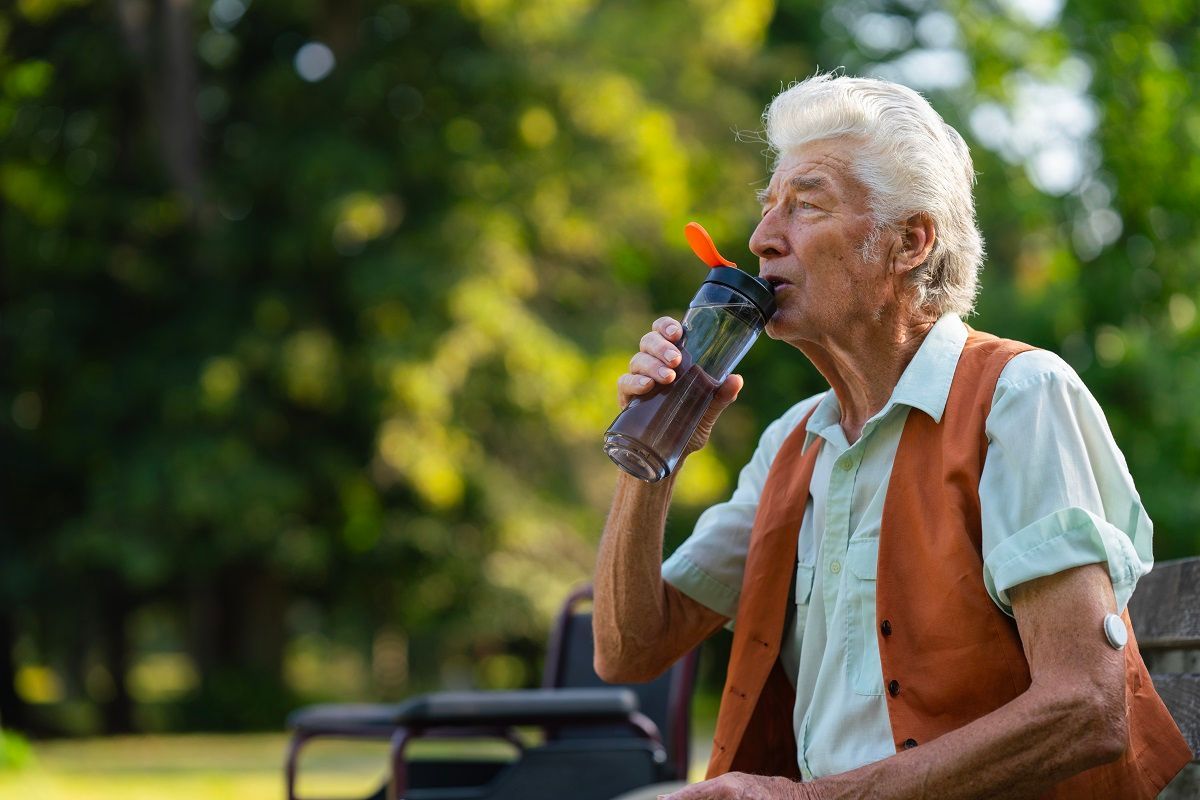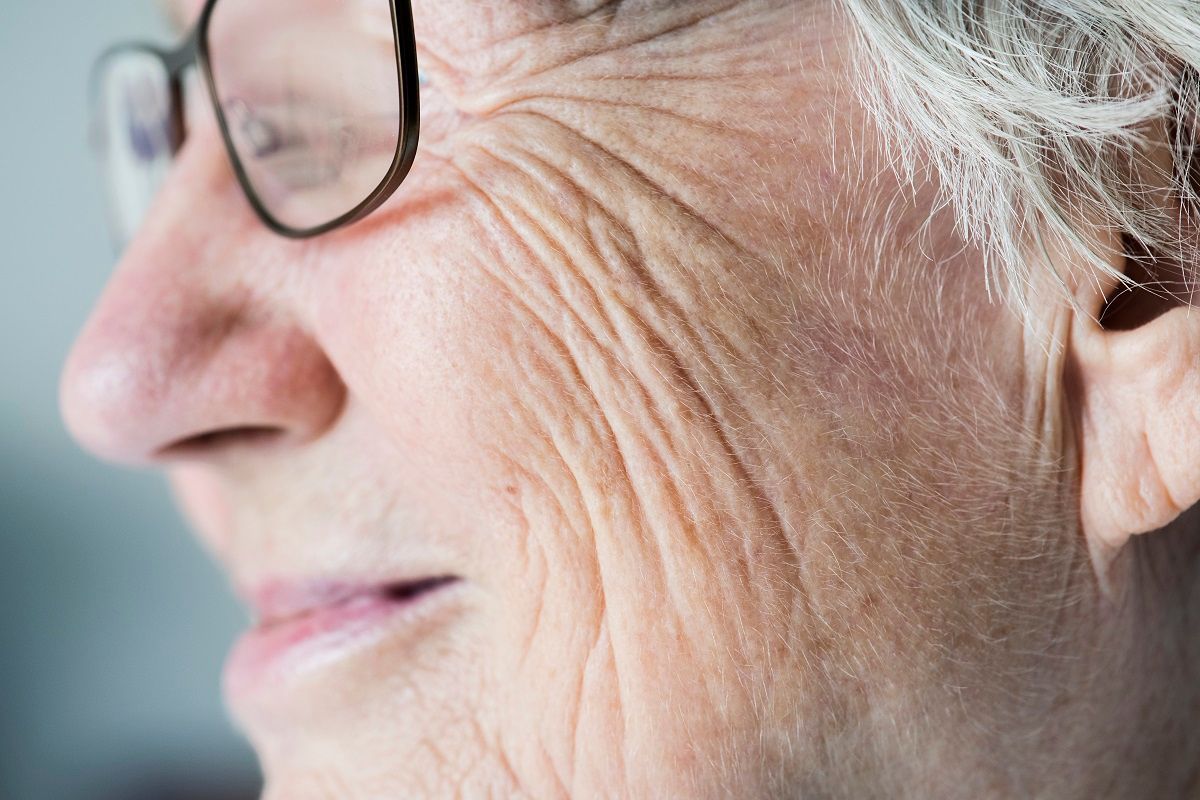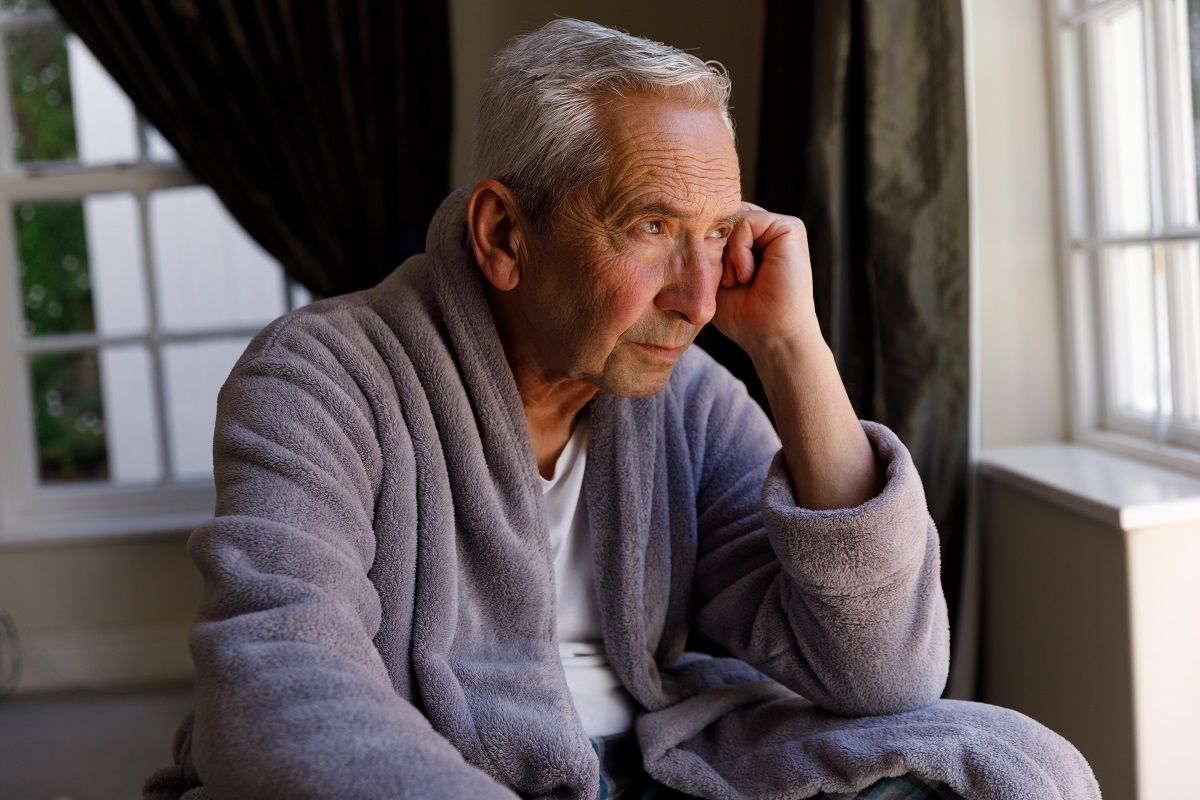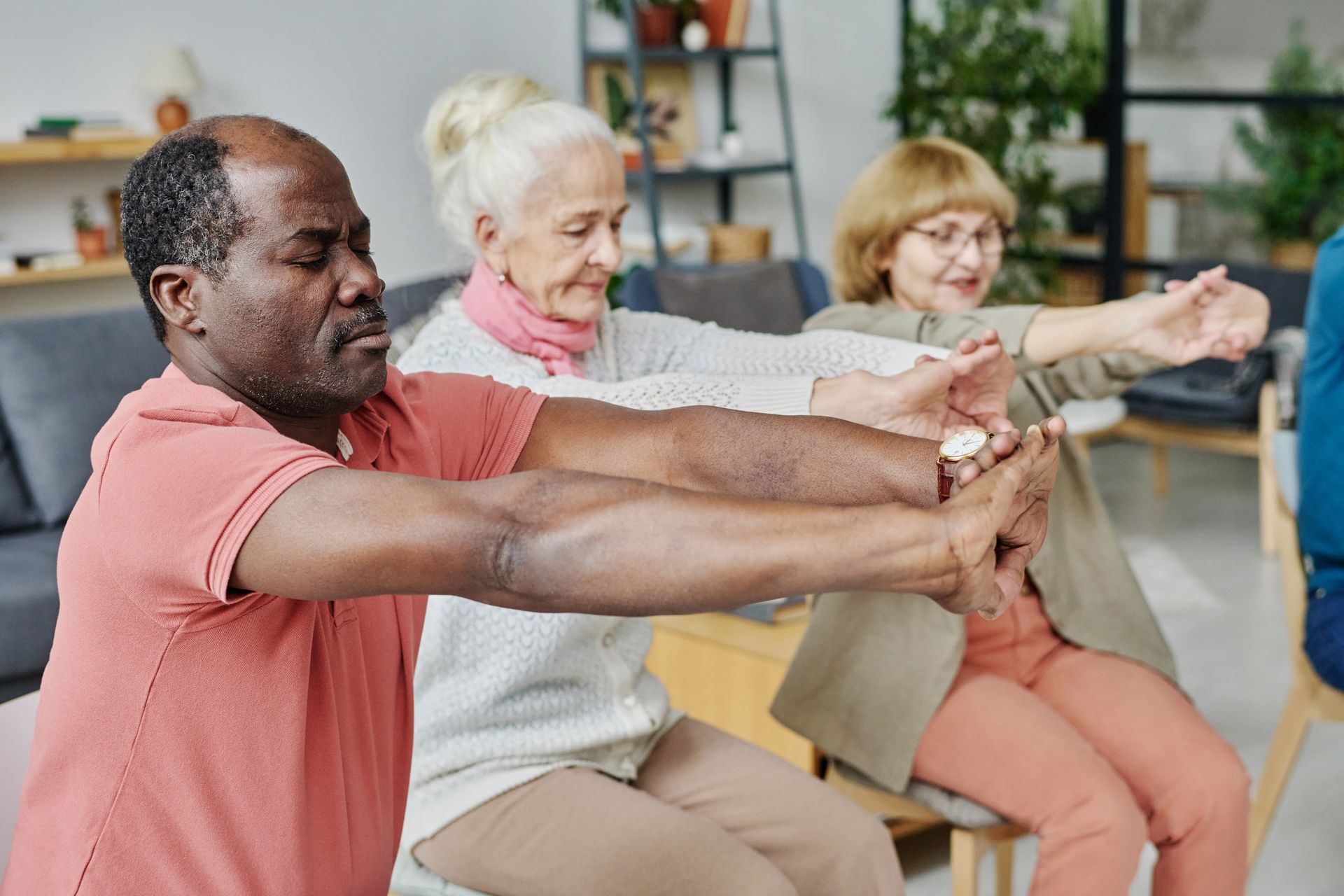Our Location
Elige tu idioma:
Psoriasis in Seniors: Best Ways to Manage Psoriasis

Psoriasis affects 125 million people worldwide. Many of these are elderly men and women in constant discomfort and requiring constant care, resulting in a lower quality of life. In addition to limited mobility and sometimes damage to joints, psoriasis can be a challenge to people in their own homes or make it difficult for seniors in assisted living facilities to keep up with their daily routines.
As we observe Psoriasis Awareness Month this August, Ocana Medical provides some general information about psoriasis and tips for treating it in seniors or the elderly.
What is Psoriasis?
A chronic inflammatory disease, psoriasis causes patches of red, raised skin covered with silvery scales. Patches may develop anywhere on the body but most commonly appear on elbows, knees, scalp, lower back, nails, and face. It occurs when your immune system triggers skin cells to grow too quickly. These new skin cells pile up and form silver dollar-sized patches of thick, silvery scales.
This condition is also more common in people with other conditions such as diabetes, heart disease, arthritis, and cancer. This means those who suffer from such conditions, usually those over 50, experience additional discomfort due to this chronic skin condition.
Symptoms of Psoriasis
The symptoms of psoriasis usually occur in cycles, with periods of flare-ups followed by remissions (when there are few or no symptoms). Sometimes these last for weeks or even months. The frequency of outbreaks varies from person to person — some people have mild symptoms that rarely come and go, while others may have frequent flares that limit their ability to work or perform daily tasks.
You can also experience different symptoms based on the location of your psoriasis. Apart from having flaky scales on red patches of skin, other symptoms may include:
- Itching
- Burning sensation in affected areas
- Swelling around the joints
- Skin thickening in areas where there are no scales (such as folds under your arms or in between fingers)
- Skin cracks that bleed easily
Psoriasis Types
There are several different forms of psoriasis:
Plaque Psoriasis
The most common type, plaque psoriasis, often begins as small red bumps that turn into silver-colored scales over time. It can appear anywhere but is more common in areas of the body with joints or pressure points, like your elbows or knees.
Guttate Psoriasis
Small red spots on your skin resembling blood drops or water droplets characterize this type. The spots usually appear suddenly and tend to be localized on one area of your body — such as your chest or back — rather than spread out over many locations as plaque psoriasis does. You may have guttate psoriasis after being infected with strep or staph bacteria or after taking antibiotics.
Inverse Psoriasis
It causes thick, scaly patches to develop under your arms and in folds of skin like the groin area and under breasts. This type of psoriasis may result in severe symptoms due to sweating and friction of the skin. It is not as common as plaque psoriasis and appears as bright red spots without the scales.
Pustular Psoriasis
Pustular psoriasis is less common than plaque psoriasis and mainly affects adults. It manifests as small, red bumps that look like blisters. The blisters are filled with pus and can be white or yellow. They may also leak a thick, clear fluid. Pustular psoriasis mainly develops on the palms and soles of the feet, but it can also develop on other body parts.
- Localized: appears on segregated parts, one to two parts of the body
- Generalized: rarer and more serious than other types; occurs when psoriasis covers a big part of your body
Erythrodermic Psoriasis
This is the rarest kind of psoriasis and the most severe. Erythrodermic psoriasis can lead to infection, heart failure, and pneumonia. It causes widespread redness and scaling over large areas of your body that look similar to burns.
Risk Factors and Triggers: Can You Develop Psoriasis?
It is possible for anyone to develop psoriasis. Causes are not always clear, but it's thought to have an association with genes and immune system abnormalities. Lifestyle and environmental triggers also play a role in aggravating psoriasis and worsening flare-ups. These triggers include:
- Infections such as strep throat, skin or urinary tract infections (UTIs)
- Injury to the skin or trauma such as burns or cuts
- Too much sun exposure
- Heavy alcohol intake
- Smoking and second-hand smoke exposure
- Emotional stress or psychological problems like depression or anxiety
- Certain medications — including beta blockers, lithium, and synthetic antimalarials
In addition, if your family has a history of the disorder, you may also be at risk of acquiring it. It's also important to note that psoriasis is not contagious, meaning you cannot catch it from someone else with the condition, and psoriasis cannot spread from person to person.
Management and Treatment of Psoriasis in Elderly
Although there is no magic cure for psoriasis, with the proper treatment, most people see significant improvement and less remission over time.
Various treatments are available for psoriasis, but some may not be suitable for elderly people. This is because some methods can have side effects, and some people don't tolerate them very well because of age-related changes in their bodies.
The goals of treatment are to improve physical appearance, reduce itching and scaling, prevent infection, and preserve function. The approach for treatment depends on the severity of psoriasis, its location, and the presence of associated medical conditions or comorbidities. Two special considerations for elderly patients include skin cancer surveillance and potential interactions with other medications.
Here are some ways to prevent and manage psoriasis in elderly.
Proper Skin Care
The best way to care for your skin is to keep it clean and moisturized. You should wash your skin at least once daily with warm water and mild soap. Do not rub too hard when washing, as this can irritate the skin and cause irritation or dryness.
Those with psoriasis need gentle cleansers and moisturizers designed for sensitive skin. Don't use harsh soaps and skin care products that contain alcohol and fragrances. In addition, seniors should avoid laser treatments, dermabrasions, and chemical peels if they are experiencing flare-ups. Make sure to have protection against the harmful sun rays too.
Topical Agents
You can experience new side effects with topical treatments as you get older. Work with your doctor if you notice any purple patches on your skin, mainly if it appears transparent or has a swelling or burning sensation. There are several preferred first-line topical treatments for the elderly, including:
- topical steroids
- salicylic acid
- vitamin D
- calcipotriol
- tazarotene
- dithranol and tar preparations
Phototherapy
Phototherapy uses ultraviolet light to treat psoriasis. The ultraviolet light helps slow down the growth rate of skin cells and reduces inflammation in the body. For people 65 years old and up, two types of light therapy can help:
- PUVA (a combination of UVA and psoralen)
- Narrowband UVB
Systemic Therapy for Moderate-Severe Cases
As we age, our kidneys may function less and tend to eliminate fewer wastes from our bodies. It is possible for medications to accumulate. Thus, systemic treatments such as prescription medications are reserved for moderate to severe cases of psoriasis that do not respond to topical treatments or phototherapy. Your health care team will closely monitor your kidney functions if you are using the following prescription drugs for psoriasis
- methotrexate
- apremilast
- acitretin
- cyclosporin (used with great caution, especially for 65 years old and up)
- biologics like adalimumab, ustekinumab, and etanercept
Further, as many medicines used to treat other conditions, such as ACE inhibitors and beta-blockers, may trigger psoriasis flare-ups, doctors will monitor your response carefully.
Holistic Management
Holistic management requires special acknowledgment of a patient's quality of life, as seniors often suffer from physical, mental, and financial issues which can further impact their well-being. Moreover, doctors must also consider the presence of other comorbidities such as diabetes and arthritis. They can best assess psoriasis by considering these factors using tools like the Salford Psoriasis Index.
- Healthy Lifestyle
Part of holistic management involves a healthy lifestyle, where the patient must learn to adopt healthy eating habits and exercise regularly. Since certain foods can worsen psoriasis, it is important to eliminate them from the diet. These include alcohol, caffeine, refined carbohydrates, and processed foods.
- Stress Management
Stress worsens psoriasis as it stimulates the immune system, leading to symptoms flare-ups. Seniors are encouraged to use stress management techniques such as meditation or yoga to reduce stress levels and decrease flares.
- Nutritional Supplementation
Health care providers may also suggest nutritional supplements for psoriasis treatment. These can help provide vitamins, minerals, and other nutrients to support the body's natural healing processes. The most common nutritional supplement used to treat psoriasis is vitamin D3. Some may even recommend collagen for psoriasis.
Resources for Psoriasis Awareness
For more information on psoriasis, visit the following resources:
- National Psoriasis Foundation (NPF)
- American Academy of Dermatology Association (AAD)- Psoriasis
- Family.org Page on Psoriasis
- IFPA Psoriasis
- Psoriasis Cure Now
Take Control of Your Psoriasis with Ocana Medical Center
Psoriasis can be tricky to treat and may take a toll on someone's life, especially when it's severe. At Ocana Medical Center, our goal is to help seniors find the right diagnosis and treatment to improve the quality of their lives and reduce health risks associated with psoriasis. See our services.
Ocana Medical Care, located in Tampa, FL, aims to bring you as much information as possible to keep you healthy. We're in this together. #ocanacares
“Respect. Compassion. Quality. Integrity. These are the values on which Ocana Medical Center was built. Our aim isn’t just to treat you today. We hope to earn your trust and be your healthcare provider for life.”
©2023 Ocana Medical Group, Inc.
USEFUL LINKS
GET IN TOUCH
Call Us Today
Send us Email
Our Location
Ocana Medical Center | All Rights Reserved.




